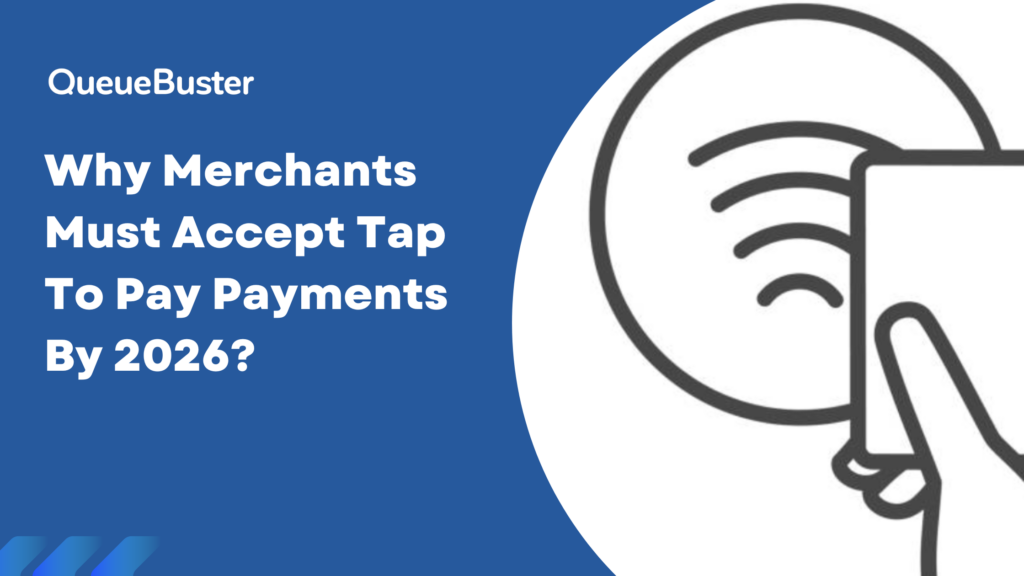
Significance of Inventory Management for every Retail Business
Significance of Inventory Management for every Retail Business

By QueueBuster Team Published: May 29th, 2023
Retail inventory management depends on your staff, your processes, and your technology. Poor retail inventory management is a leading factor for businesses to fail, likely because deciding what to order, versus what to keep can substantially impact your bottom line.
What does retail inventory cost?
These categories summarize inventory expenses:
- Ordering costs can include vendor fees, evaluations, and shipping fees associated with purchasing inventory.
- Shortage costs include monetary and non-monetary costs when a product is out of stock, such as expedited shipping.
- Inventory carrying costs are defined as the total cost of holding the product and are calculated based on the item’s actual value.
A strategic approach to managing your retail inventory will help you minimize these costs and keep your stock at the proper level to meet customer demand without having excess materials in your store, costing you money.
What to consider when managing retail inventory?
Find out how you can manage your retail store’s inventory using these best practices.
- Implement a system for managing inventories.
The inventory tracking process can be tedious and mistakes are common because of miscounting. An inventory management solution allows you to automate the tracking process and save a significant amount of time.
- Activate stock alerts
Setting up stock alerts can help prevent product shortages at your retail store by notifying you when you reach a threshold. Set up an inventory threshold for each of your items to receive alerts and replenish your stock at the right time.
- Strategize your supplier selection
Retail inventory management strategy relies heavily on vendors, so you should select them cautiously. With each supplier, consider the price, product quality, and reputation. Keeping track of these metrics will help you make an informed decision while procuring inventory.
It is critical to establish standards early and establish a powerful partnership with your vendors to ensure their efficiency and effectiveness. Your success is dependent on their productivity, so let them know you’re a partner.
- Management of SKUs
As businesses try to meet the demands of consumers, they continue to introduce fresh products, but that doesn’t mean you should carry an excessive number of items at your retail store — an excess can certainly damage your profitability. A proper system can help you judge the SKUs that aren’t performing financially, which you might want to consider discontinuing from the store.
- Improve the size of your orders
The next step toward reducing purchasing and shipping costs is to plan bulk purchases from a vendor. Using data analytics tools in your point of sale can help you determine how to formulate purchase orders.
Use these strategies to stay aware of your sales and remain ahead of the competitors to steadily plan for the future.
A perfect way to guide your inventory and manage your retail business is to start with QueueBuster POS.
Popular Posts

MEWA India 2026: Showcasing QueueBuster POS to the Global Dry Fruits Industry
MEWA India 2026 was not just another industry event for us, it […]

Why Merchants Must Accept Tap to Pay Payments by 2026
The way customers pay has changed rapidly over the last few years […]